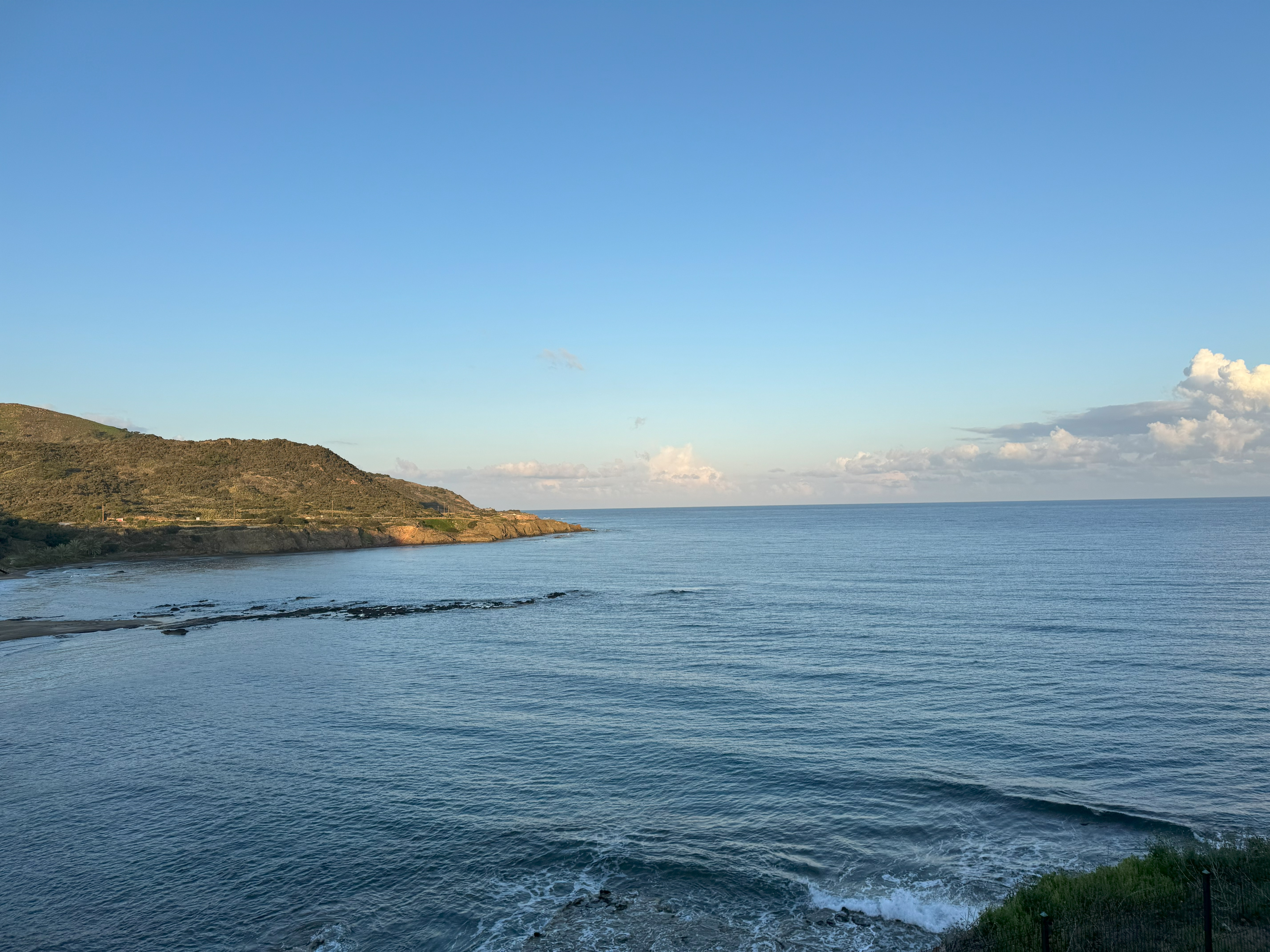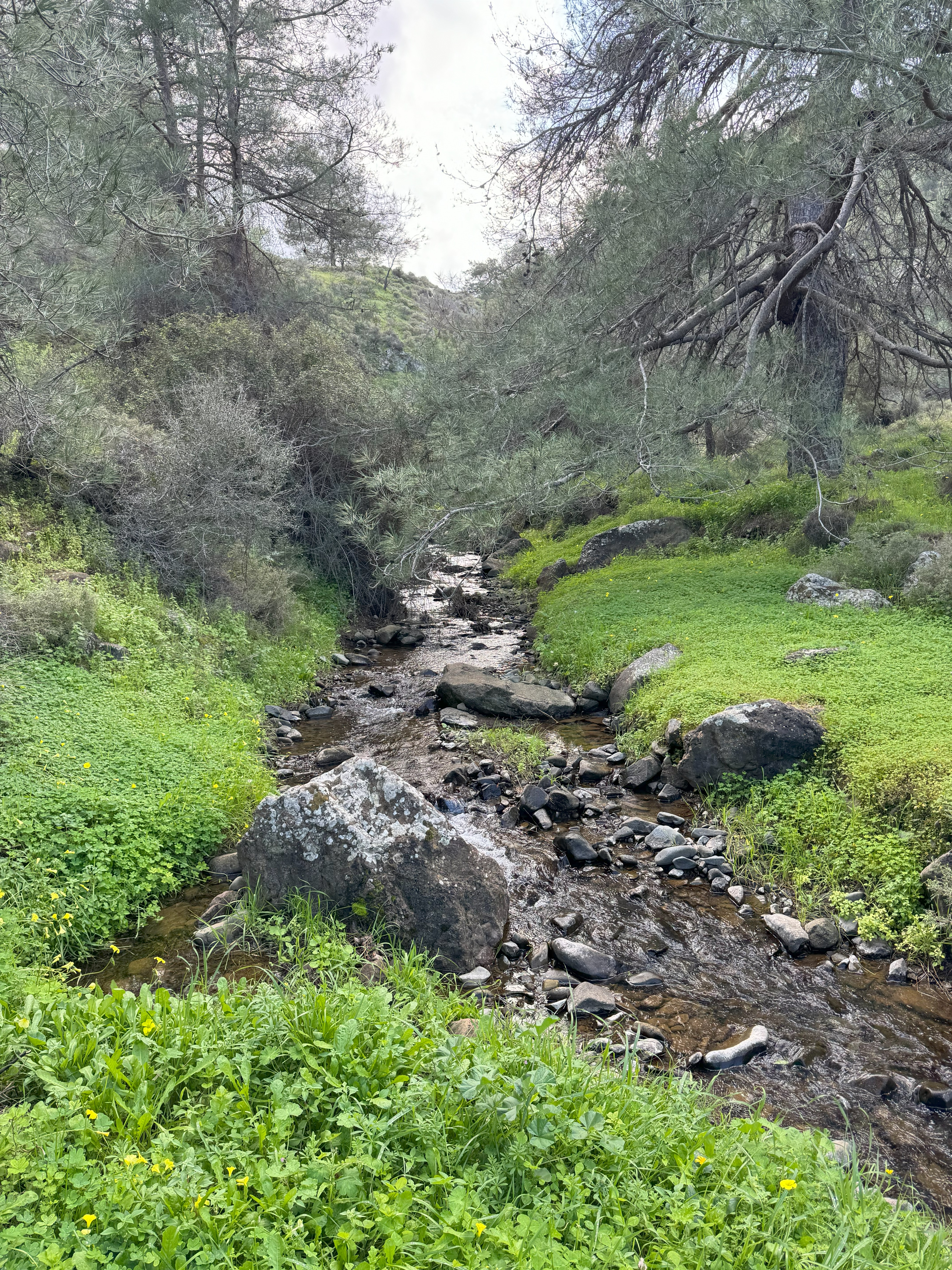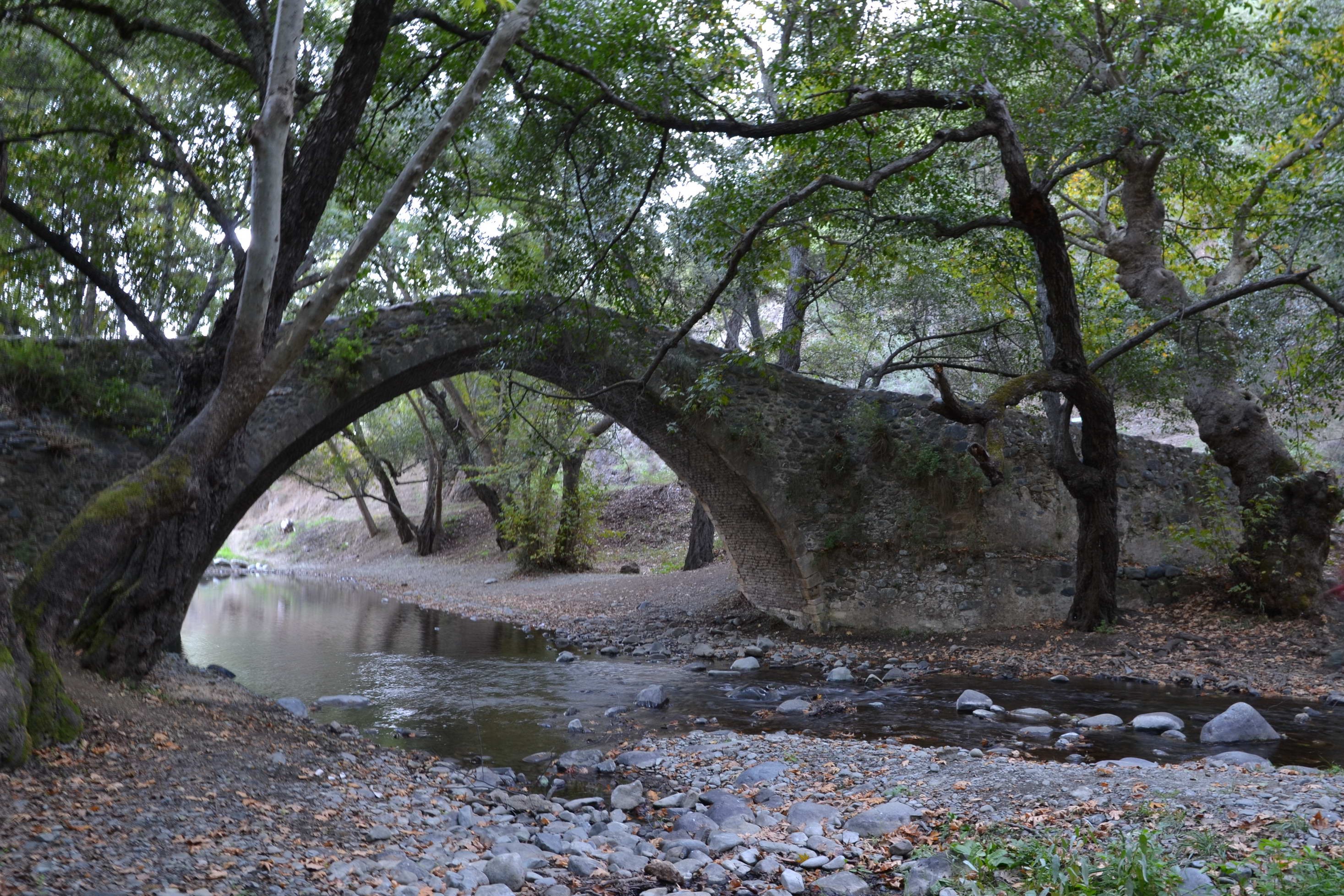It’s crucial we incorporate sustainable practices into our daily lives, transitioning into a modern, resource-efficient and competitive economy
By Environment Commissioner Antonia Theodosiou
My journey into environmental advocacy began long before my appointment as the Commissioner for the Environment on January 10, 2024. My deep passion for the interplay between human development and nature was kindled during my studies and professional career, and it has only grown stronger over the years.
My commitment to this cause transcends technical knowledge – it is driven by a profound sense of duty to protect our planet. The European Commission’s green transition targets and green deal strategy is more than planting trees; it is about incorporating sustainable practices into our daily lives, transitioning into a modern, resource-efficient and competitive economy that is just and inclusive for all. We cannot expect meaningful results by making small changes and maintaining our current lifestyle. Drastic, transformative actions are needed.
My previous role as the project director for the Akamas Sustainable Development Management Plan – on behalf of the agriculture and interior ministries – highlighted the critical importance of sustainable development. This experience taught me that eco-friendly initiatives must go hand-in-hand with community-driven actions that benefit both the environment and local populations and has profoundly shaped my approach to environmental stewardship.
Upon my appointment, several key priorities to address the urgent environmental challenges we face were immediately set. My foremost goal is to achieve tangible results while adhering to established procedures. This involves identifying and utilising mechanisms that can improve human health and quality of life.
I am acutely aware of the weaknesses in our system, the limits of our governmental departments and services, and the needs of our civil society. From this unique vantage point, I am determined to blend interventions that drive legislative improvements and fill existing gaps with the resources at my disposal. My office is equipped to intervene effectively in policy-making, leveraging our understanding of both systemic weaknesses and societal needs to implement legal reforms, practical measures and community initiatives to drive positive changes.
Last month, my office launched an ambitious project aimed at achieving climate neutrality, starting with the picturesque and remote region of Tylliria. On June 1, 2024, we hosted an inspiring conference in Pyrgos Tyllirias, bringing together all stakeholders, local leaders, environmental experts and community individuals to develop strategies for creating a climate-neutral Tylliria complex of villages.
Climate neutrality involves balancing carbon emissions with carbon removal or offsetting activities, such as using renewable energy sources, targeting energy efficiency, sustainable transportation, effective waste management, etc.

A highlight of the conference was the participation of esteemed representatives from the municipality of Tilos, the world’s first zero-waste island situated in Greece, serving as a model energy community relying almost entirely on renewable energy sources. Their achievements provided valuable insights and inspiration for our efforts in Tylliria. Tylliria was chosen for its rich history, natural beauty and unique landscape, but primarily because it faces significant challenges due to the Turkish invasion and ongoing occupation. These circumstances make it even more crucial to implement targeted actions and coordinated efforts to highlight and revitalise it. Our aim is for this pilot climate-neutrality concept to expand to other regions, building a network of climate-neutral communities across Cyprus according to the EU targets. Our vision is for every community to be able to have the tools not only to thrive but also to contribute positively to the fight against climate change.
Further to our efforts to address the climate crisis and biodiversity loss, we recently launched our Biosphere Reserve Initiative with a conference in Salamiou on June 22, 2024. This marks a significant step towards redefining our relationship with nature and fostering sustainable coexistence between humans and the environment.
The Salamiou conference brought together prestigious participants, including representatives from the local Unesco Man and the Biosphere (MAB) office, the education and agriculture ministries, and experts from Greece involved in the Asterousia Mountains and Parnon Mountain Range MAB projects, to share their experiences.

Unesco’s MAB programme is a driver of globally sustainable socio-cultural and environmental development, demonstrating worldwide that it is possible to live prosperously while establishing a sustainable and harmonious relationship with nature. These reserves are crucial in promoting socio-cultural and environmentally sustainable economic development, cultural activities, nature restoration and management, biodiversity protection, cultural diversity preservation and local community development. They also foster scientific research, education, training and attract nature-loving and cultural tourism.
The Diarizos-Xeros River Valleys are a prime candidate for inclusion in the Unesco World Network of Biosphere Reserves, given their rich history, architecture, cultural heritage and significant biodiversity. The Salamiou Environmental Education Centre, part of the environmental education network of the Cyprus Pedagogical Institute, further supports this candidacy, serving as a hub for environmental education and awareness.
Looking ahead, we are excited about our upcoming project, the Pediaios River Festival organised in collaboration with the Cyprus Sustainable Tourism Initiative and other partners. Historically undervalued due to their seasonal nature, Cyprus’ rivers are now being recognised for their environmental and cultural significance. The Pediaios river, the longest in Cyprus, flows from the Troodos mountains to Famagusta bay. It offers unique points of interest along its course and serves as a vital lung of life, providing essential urban green space that supports biodiversity.
The festival aims to raise awareness about river pollution, highlight the beauty of the Pediaios river, and promote sustainable activities that enhance environmental protection and cultural diversity in Nicosia, hoping to foster a deeper connection between people and the natural environment.
My office’s commitment to a sustainable Cyprus is unwavering, and we are constantly seeking effective mechanisms to protect and enhance our natural resources and the quality of life in our communities. Only if we work together, can we create a thriving, sustainable Cyprus for us and for future generations. Nature can protect us against the climate crisis if we protect and strengthen it.
————-
Antonia Theodosiou is currently Environment Commissioner and an architect with a specialisation in ecological buildings and restoration of architectural heritage monuments. She is also the vice-president of the International Scientific Society for Dry Stone Interdisciplinary Study (SPS), vice-president of the International Council on Monuments and Sites ICOMOS Cyprus and a member of national and international associations and councils for environment and culture. She is co-author of books and guides on traditional architecture, the environment, drystone constructions, nature and culture of the Akamas Peninsula.







Click here to change your cookie preferences